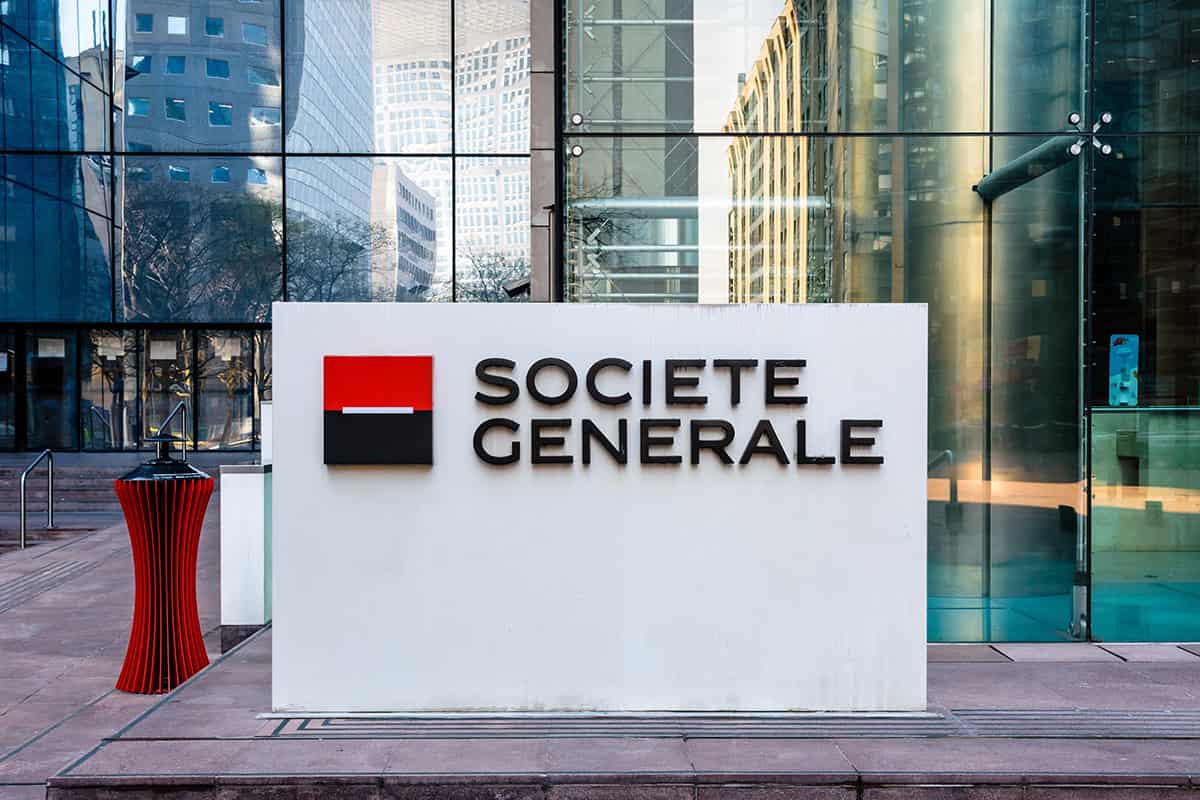For years, Societe Generale saw Morocco as a golden goose. Despite struggles in other African markets resulting in six exits last year, SocGen has repeatedly affirmed its commitment to the country.
The French giant caused tremors, then, with the announcement on April 12th that it is closing shop in Morocco. Present for over a century, SocGen boasts of $12 billion in assets in the mountainous kingdom, with over one million customers and 300 branches. It controls an 8% market share in loans and 7% in deposits, ranking as Morocco’s fifth-largest bank.
Despite that solid presence, SocGen is offloading its 57.67% stake in Société Générale Marocaine de Banques, along with its subsidiaries, to the Moroccan conglomerate Saham Group in a deal valued at €745 million ($792 million).
The announcement was not entirely a shocker, however, says Rafael Quina, senior director, Financial Institutions at Fitch Ratings; overall, it falls in line with Group CEO Slawomir Krupa’s plans to refocus SocGen on areas of competitive strength and where its presence fits its risk appetite. While SocGen’s business in Morocco had reasonable scale and performed adequately, return on equity did not meet the cost of capital required to maintain the bank’s presence.
“The strategic fit and synergies with other group business lines were not core enough to compensate for this just adequate ROE,” says Quina.
Banking ROE in Morocco has averaged 10%, lower than in most emerging economies, he notes, which is why even homegrown banks are expanding to more volatile African markets in pursuit of higher profits. Saturation, too, is making it difficult for banks, particularly foreign owned, to grow the credit market in Morocco. Notably, other French banks like Credit Agricole and BNP Paribas are also reviewing their strategies in the kingdom. With SocGen exiting, the share of banks with foreign ownership in the sector’s domestic credit niche is set to decline to 5%, from 19% as of 2021. Significantly, too, it heralds the return of Saham founder Moulay Hafid Elalamy, described as the “Moroccan wolf of finance,” to the kingdom’s financial sector. In 2018, Saham sold its insurance business to South Africa’s Sanlam for $1 billion.




